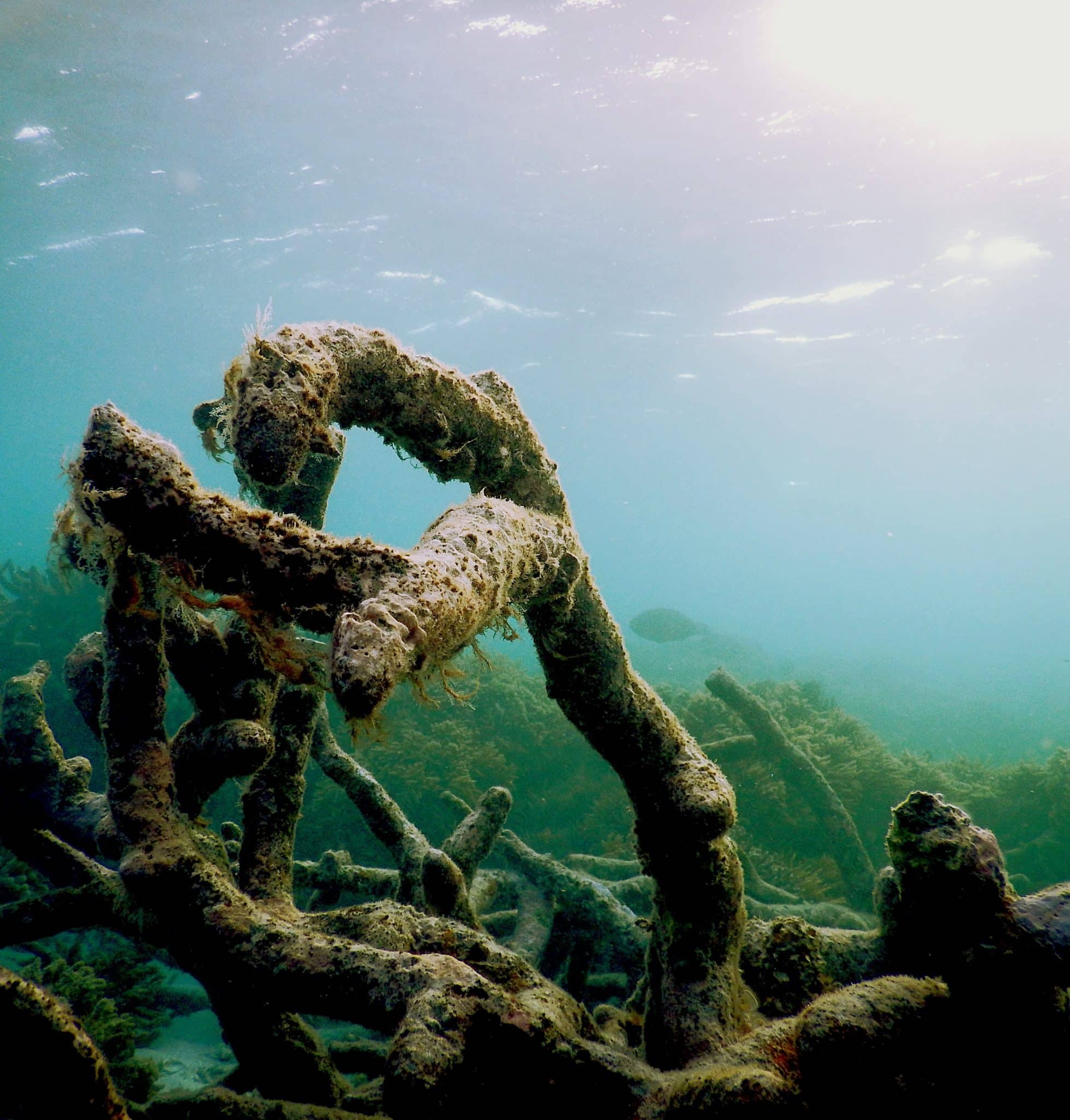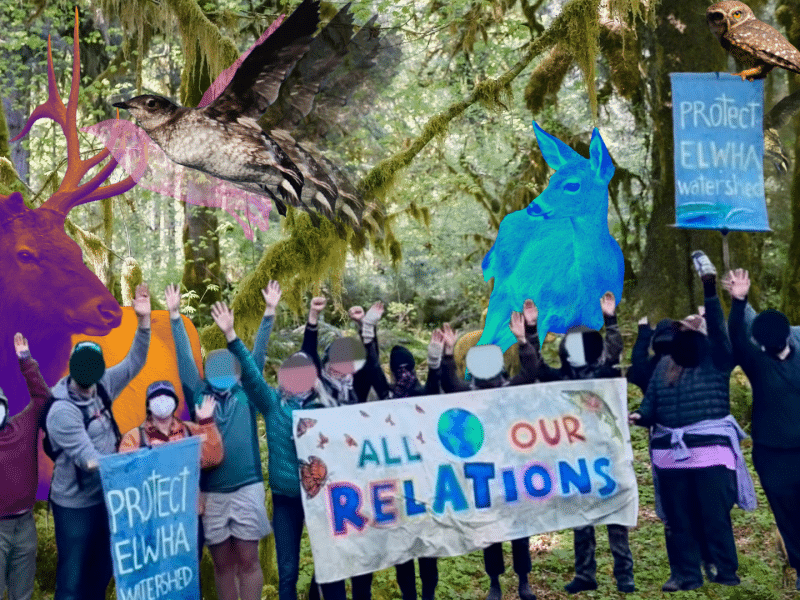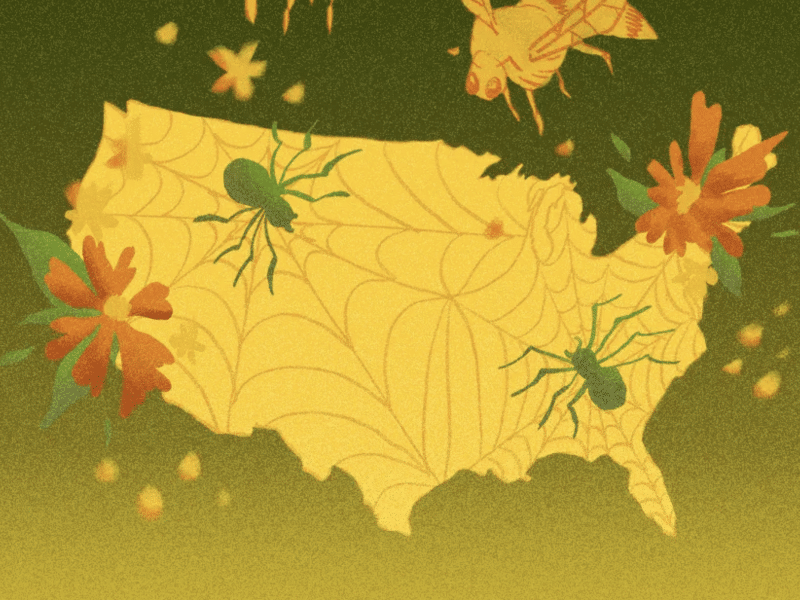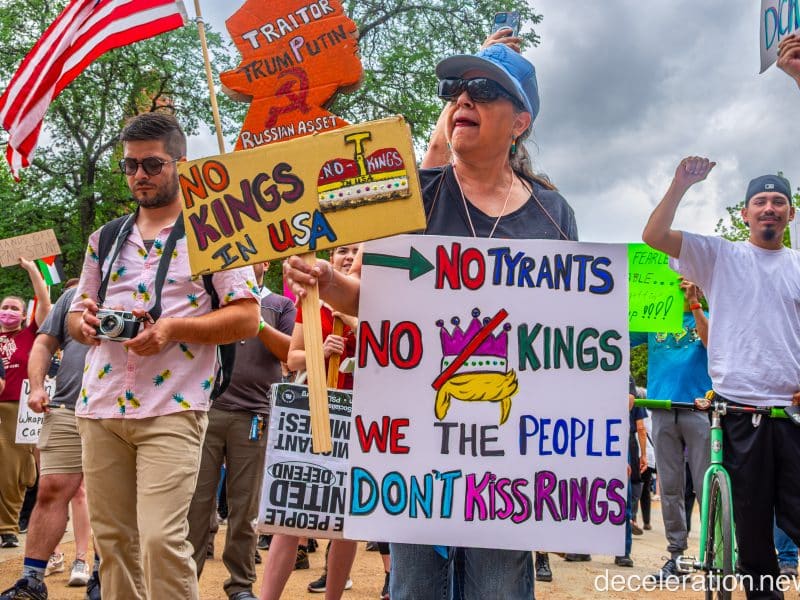
Greg Harman
For decades now, researchers, academics, policymakers, and journalists have been talking about the climate crisis and its global impacts. They talk of coal and gas, transportation, and agriculture. They talk of rising seas, stronger storms, vanishing ice, and wildfire. They don’t talk about their grief.
We regularly read reports about forced migration, disease, and disaster. But the day-to-day life of everyday folks trying to make sense of the shifting sands of climate change hasn’t received the same attention. We talk of hardening infrastructure in our cities, but not policies that strengthen families and honor communities as critical elements of weathering catastrophe.
While conversations about emotional wellbeing and mental health in the context of climate have been increasing, they remain rare. We shouldn’t be surprised.
What we call mental illness, for all the efforts of community advocates and NGOs, still carries a stigma that can threaten a person’s social status and even employment. In her activism, climate champion Greta Thunberg’s decision to reveal herself as someone on the autism spectrum was a brave stab at that stigma. But her further embrace of autism as her “super power” was a tremendous validation of those millions who live with some form of neurodivergence, what the straight (or neurotypical) world shorthands as “mental illness.”
From the start, Deceleration was intended as a project not only to catalogue the colliding political and ecological crises of this moment, but to honor our collective need for emotional and mental health in the face of the apocalyptic. One of the first lessons I learned when I began trying to write about mental health in an ecological context was how little of this work was being done.

So when I saw reporting popping up last month around a letter published in Science about the need for academic institutions to help researchers grieve the ecological destruction they are charged with documenting, I knew Deceleration had to respond.
The letter, written by Tim Gordon, PhD student in marine biology at the University of Exeter, and behavioral ecologist Andy Radford at the University of Bristol, warns that the emotional trauma of recording the planet’s decline carries risks to individual researchers, as well as the work they produce.
“The emotional burden of this kind of research should not be underestimated,” Radford said. “Grief, when unaddressed, can cloud judgment, inhibit creativity and engender a sense that there is no way forward.”

Gordon and Radford’s letter demonstrates why organizations and institutions supporting climate research need to find avenues for their staff to grieve together. After all, it is not our grief that kills us, but our failure to grieve. To turn grief into an action.
Deceleration’s ambition to honor that fact is part of what caught the attention of Sarah Jaquette Ray and Madi Whaley, the bright and generous forces behind the Big Planet Big Feels podcast. Deceleration Co-Editor Marisol Cortez had recently presented on the “Praxis of Deceleration” (PDF) at the 2017 Association for the Study of Literature and Environment conference. (“MIND-BLOWING,” the Big Feels team assessed.) And we all got to talking.
Listen here:
In her dispatch from ASLE, Marisol wrote of our intentional blending of a degrowth-inspired climate response with the needs of our own “mental intensities,” that is, our shared histories of bipolar/panic/depression, etc.
“Deceleration as a project … embodies a cultural and a personal standing down. In [Greg’s] words, to decelerate is to slow the machine for the sake of survival; it is also to throttle down a panic response so as to recover one’s senses and think clearly, so that we might continue to act/write at all. Thus the tagline of the site: building peace/writing beyond despair.
For herself, the urge to decelerate came, in part, from finding that the “organizational culture of social justice nonprofits is deeply ableist in its productivism, internalizing self-injuring narratives about the valor of exhaustion and working beyond one’s capacity, both as an individual and as an organization.”
We reached the same conclusion as Gordon and Radford now calling for grief to be expressed collectively.
Read “Praxis” here:
The concept of grief as a door leading back to a healthy climate activism we credit to Kathleen Dean Moore, professor of philosophy at Oregon State University, who counseled us that despair can be staved off by surrendering to grief.
“We are well advised to embrace the grief and absolutely refuse the despair,” she said. “You find ways to express that grief collectively. And in action.”
The challenge to our familia in academia will be that healing course of action—even if limited in intensity, as the decelerated life may require. Yet activism, for many, remains unthinkable, as something that may discredit their work by tainting them as biased.
Writing on the subject for Climate Nexus, journalist Marlene Cimons highlights this challenge in a conversation with trauma specialist Tracey Shors of Rutgers University.
“If more scientists could get their findings out to the world, they would feel like they have more control,” Shors said. “If nothing else, they would know they are waking up others to the problem. Most of the [scientists] I know got into the field because they love nature. Then they are trained to distance themselves for the sake of objectivity. It must be breaking their hearts. It breaks my heart, and I am not a field scientist.”
Gordon told Cimons of his own decision to steer clear of advocacy.
“I wince at the hundredfold increase in plastic washing ashore on the remote islands I work around. [But] we are not policymakers. We are key providers of evidence. … When scientists express strong views it is unsurprising that concern of bias is likely to emerge.”
Yet a large number of climate scientists, also “providers of evidence,” have veered into advocacy, if not outright activism, as the weight of their findings has become clear.
In recent years, Michael Mann, director of the Penn State Earth System Science Center (ESSC), has expanded beyond primary research titles such as “Potential biases in inferring Holocene temperature trends from long-term borehole information” to popular offerings like 2012’s “The Hockey Stick and the Climate Wars,” a direct challenge to the climate denial industry.
Perhaps they are motivated by the politicized hacks, character attacks, and death threats they are subjected to by hard-right extremists. Likely the stress of chronicling the apparent death pangs of the planet while also fielding regular threatening emails and phone calls have naturally moved these into a grief-enabled activism and, therefore, more effective and healthy work.
Mann, for example, is a regular target, regularly collecting emails urging him to commit suicide or, in one case, be “shot, quartered and fed to the pigs, along with your family.” Such calls among climate scientists are fairly common.
Even in this environment, climate scientists continue to speak out. Earlier this year, Andrew Dessler, a climate scientist from Texas A&M University, signed on to an open letter (PDF) to Texas Governor Greg Abbott, who had recently dodged a question about global warming’s impact on the devastating Hurricane Harvey. Abbot’s dodge employed the conservative chestnut about not being qualified to make a judgement either way since he is “not a climate scientist.” Into that intentional ignorance a group of climate scientists, including Dessler, offered assistance.
What motivates him?
Dessler was matter of fact responding to Deceleration: He doesn’t want anyone down the road to be able to say he “didn’t warn them.”
It is clear that for our own wellbeing, for our ability to do our jobs with creativity, to not be frozen by despair, we must grieve. And that means being real about the potentialities of a breakdown of industrial society. Or the possibility that the human species may be swept from existence along with a myriad of other unique and beautiful lifeforms slipping from the stage each day. Or an openness, at minimum, to the certainty that the future will be a very different place.

Each major new report from the international climate community seems to be an assurance of that last fact. Yet as many have written before, the nature of the peer-review process, the Intergovernmental Panel on Climate Change’s slow publication schedule, and the fears of researchers themselves that their work will be interpreted as “alarmist” all mean the threats we are face are routinely downplayed.
Each new report is not only an attempt to catch up with the bad news we knew years earlier, but a product of the failure to grieve.
And so a new report arrives. The Emissions Gap Report 2019 from the UN Environment Programme (UNEP) reminds us again of the immense challenges in preventing catastrophe of some unquantifiable “worst case” scenario demarcated by an arbitrary temperature limit (1.5C in this case). But what is unique, as headline writers and journalists noted, is the report’s use of the emotive “bleak” in the report’s introduction.
The annual report, now in its 10th year, provides a “bleak” assessment of the ever-growing gap between actual emission reduction commitments by countries and those necessary to achieve the goals of the Paris Agreement: to limit warming to “well-below 2C above preindustrial levels” and pursue efforts to limit the temperature increase to 1.5C.
Of course, “bleak” has multiple meanings. Here the authors most likely intended to communicate that the lack of action on behalf of the world’s governments was “not encouraging” or even “depressing.” But when applied to the land, the earth that we love, “bleak” carries something more powerful. A bleak landscape is cold and raw. Interestingly, Merriam-Webster describes bleak first and foremost as a landscape, one that is “exposed” and “barren.”
“Bleak” is not only an outlook but a vision of a land undergoing climate crisis.
It is the land Gordon studies. It is the bleaching of the Great Barrier Reef he documents and the heartbreak he experiences. While Gordon may not agree that activism is the ultimate answer to his suffering, the closing of his letter in Science carries the seed of salvation.
“If we’re serious about finding any sort of future for our natural ecosystems,” he writes, “we need to avoid getting trapped in cycles of grief.
“We need to allow ourselves to cry—and then see beyond our tears.”
He knows that while we can become trapped by “cycles” of grief, there is a world beyond our suffering. And to that world, grieving is also the door.
-30-
Like What You’re Seeing? Become a patron for as little as $1 per month. Sign up for our newsletter (for nothing!). Subscribe to our podcast at iTunes or Sticher. Share this story with others. Or just hang out. It’s always good to kick it together.


